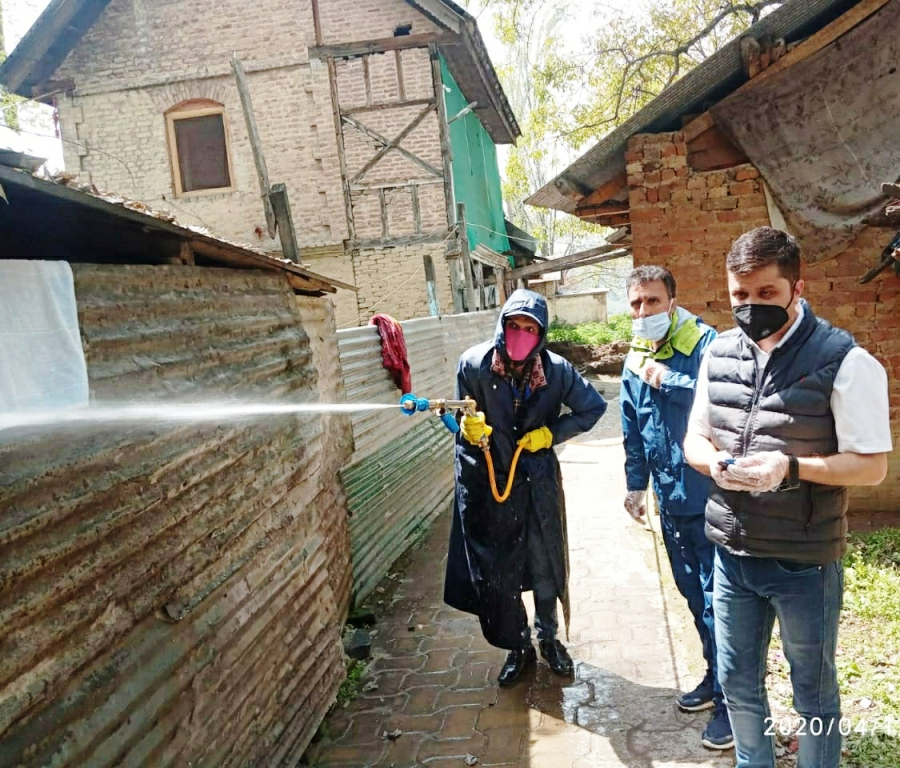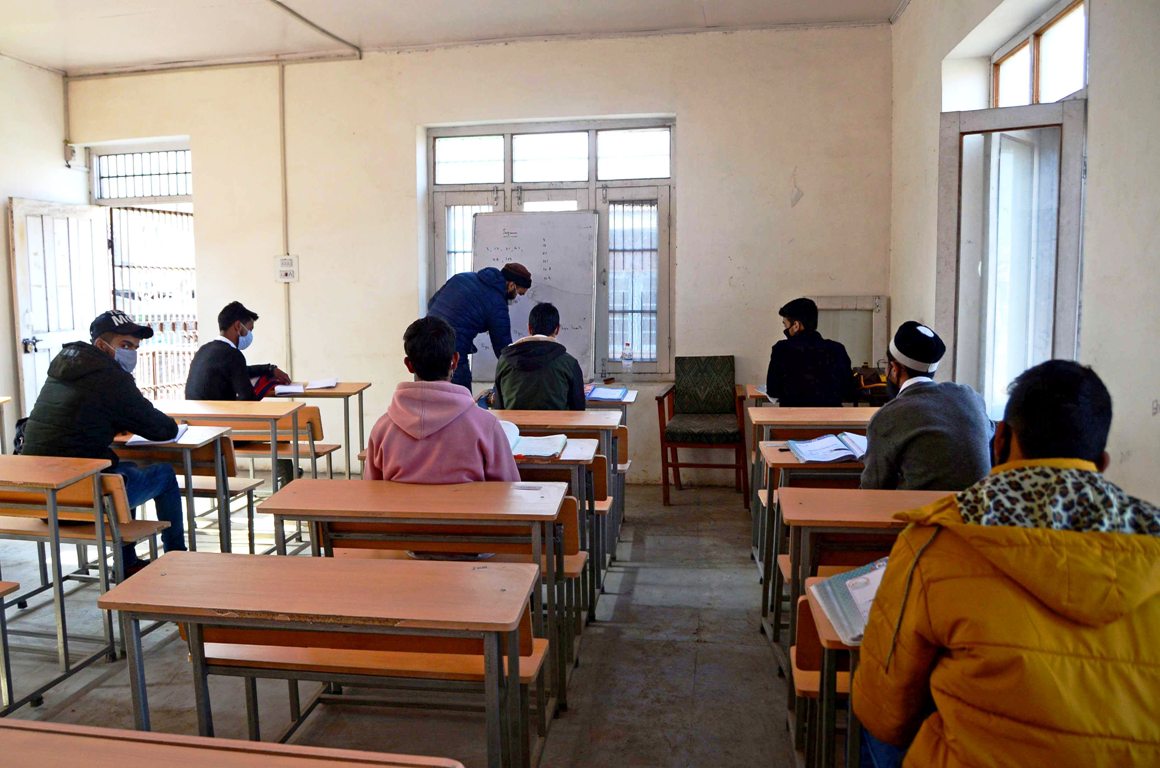by Abid Hussain
As the outbreak of Coronavirus has led to social isolation, it may maybe stressful for people of all age groups. Although these initiatives are necessary to prevent the spread, they may be causing widespread mental health effects or psychological illnesses including anxiety, fear, loneliness, social phobia, hopelessness, depression, irritability, worry, anger, frustration, insomnia, etc. The pandemic has affected all the domains of life, irrespective of stratification.
More Vulnerable

People of all age groups can be infected by Coronavirus but people with pre-existing medical conditions are more vulnerable to this disease. Besides, the elderly and children too are susceptible. The men fighting on the forefront also fall in the high-risk zone.
Researcher at the University of North Carolina conducted by “Melinda back” studies shows that obesity leads to overweight. There is a change in metabolism this shift can affect many cells including those of the immune system. Due to this physiological process, these people are more likely to get infected.
Other studies have proved that people with Asthma may be at higher risk. It can affect their respiratory tract (nose, throat, lungs ) and cause an asthma attack. This can lead to pneumonia and acute respiratory disease.
Apart from my own experience, People with substance use disorder like opioids and methamphetamine use may also be vulnerable to get infected by this virus as it has effects on respiratory and pulmonary health. Also, people with substance use disorder are more likely to experience homelessness than other people and these circumstances pose unique challenges regarding the transmission of the virus that causes the disease.
Coping Mechanisms
Take enough care for your mental health. Reduce the daily level of stress either through meditation or by eating a healthy diet, doing more pleasant work, and if the need arises to see a health care professional.
Avoid hearing or listening to threatening judgments/suggestions related to Covid-19.
Develop an optimistic attitude so that only we can look for positive outcomes like all will be well.
Try to build good social support of parents, friends, teachers, relatives, and talk to them. Boost your morale.
We need to develop a sense of hope rather than, being helpless and had a strong belief to our lord or almighty Allah (SWT) that hopefully, everything will be fine.
Maintain a stable sleep pattern and focus on what you can control.

We need to accept Covid-19 as a challenge, not a threat so that only we can reduce this pandemic stress and tension besides; we can also look for positive alternatives by developing counterfactual thinking.
Take breaks from watching, listening, or reading new stories aboutCovid-19 including on social, print, or electronic media.
Try to do some other pleasant activities which you enjoy most like playing games, playing with kids, gardening, reading books and magazines, watching movies, etc.
Connect with others on the phone or social media like Facebook, WhatsApp, or Twitter, whom you had a belief is more concerned about your feeling and expectations.
Preventive Measures
There is currently no vaccine to prevent Covid-19. The best way to prevent getting sick is to avoid exposure to the virus by sitting at home.
When you go out in public at times of urgency keep away from others who are sick.
Avoid crowds, wear masks, and maintain social distance.
Avoid sharing personal household items like cups and towels and other belongings.
Maintain social distance at least 1 meter ( 3 feet’) distance between you and other people.

Practice respiratory hygiene means people around you are covering their mouths, nose with their bent elbow or tissue when they cough and sneeze, then dispose of the used tissue immediately.
If you have a fever, cough, and difficulty in breathing seek medical advice.
Clean your hands frequently by washing with soap and water or hand sanitizers.
Avoid touching eyes, nose, and mouth.
(Author is Mental Health Counselor at Police Drug De-Addiction and Rehabilitation Centre Srinagar. Ideas expressed are personal)















